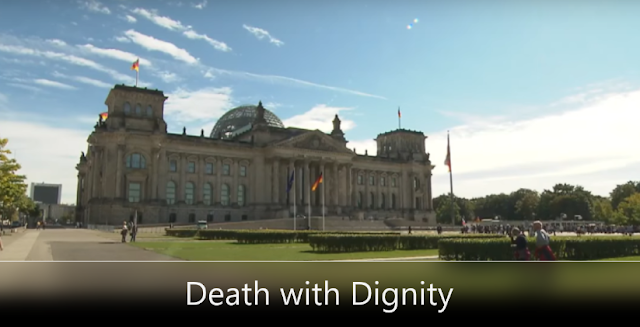Equality, Diversity, and the Right to Self-Realization
For Equality, Diversity, and the Right to Self-Realization
Diversity, inclusion, and equality are essential values in today’s globalized world. They represent not just moral principles but also the belief that every person deserves equal opportunities, regardless of gender, background, religion, skin color, sexual orientation, or any other characteristic. Diversity drives innovation, economic progress, and social cohesion — making it the foundation of a fairer and more inclusive society.
It is deeply concerning, however, that programs designed to promote these values are under growing pressure around the world. In the United States, since Donald Trump’s return to the presidency in January 2025, a troubling shift has occurred. Efforts to support marginalized groups have been rolled back, federal funding for equality initiatives slashed, and laws promoting Affirmative Action significantly weakened by a conservative-leaning Supreme Court. Universities and companies are being pushed toward a so-called “neutral” stance, which often serves to protect existing privileges while sidelining others. This trend sends a worrying message not just within the U.S., but globally, as other countries may follow suit and justify their own rollbacks of diversity and inclusion efforts.
Europe faces its own hurdles as well. Despite stronger legal frameworks for equality and inclusion, many organizations still struggle to bring these principles to life. Rigid hierarchies, insufficient representation of marginalized groups, and structural resistance remain widespread challenges. In particular, countries like Germany, with historically more homogenous work cultures, still have much to do to foster a truly inclusive and sustainable environment.
But there are also positive trends. Universities and educational institutions in the U.S. and Europe are exploring innovative ways to embed diversity and equality into their structures. Programs like gender and diversity studies, scholarships for underrepresented groups, and efforts to diversify leadership and research are promising examples. Likewise, companies — especially in tech and other innovative industries — are recognizing that diverse teams are not just morally right, but also economically smart. A diverse workforce is increasingly seen as a critical factor for global success. Yet, these gains remain fragile under the weight of political and social pressures.
The commitment to diversity, equality, and inclusion should never be up for debate. These values are the foundation for enabling individuals to reach their potential, for driving the success of organizations, and for building a just society. Now, more than ever, in the face of opposition, we need to stand firm — in government, in businesses, and in educational institutions. The freedom and the right of every person to live a self-determined life with equal opportunities are not privileges to be granted, but principles that must be protected. The challenge today is not only to hold on to these values but to strengthen and expand them further, even in difficult circumstances.
We must believe that setbacks are temporary and that the path toward greater inclusion and equality is not just necessary but ultimately unstoppable.






Comments
Post a Comment